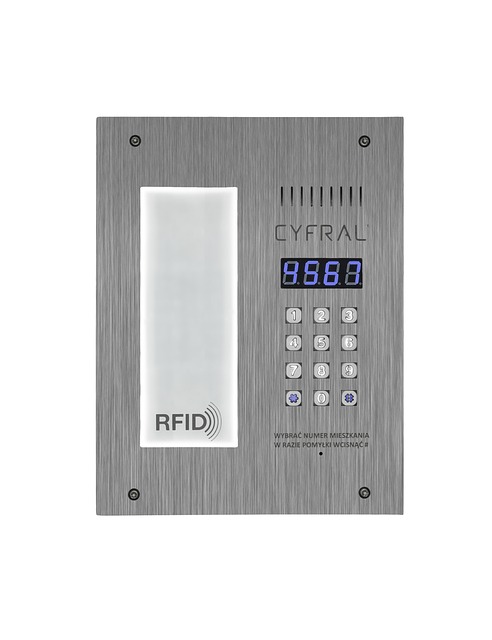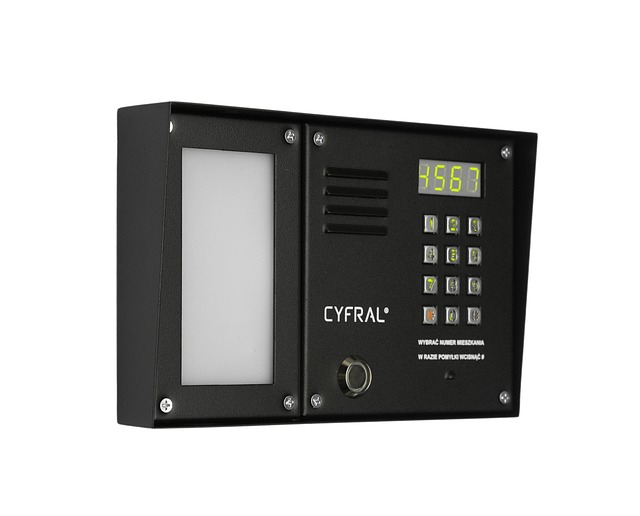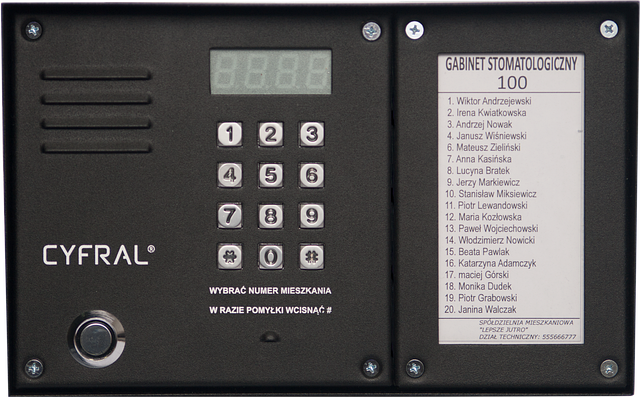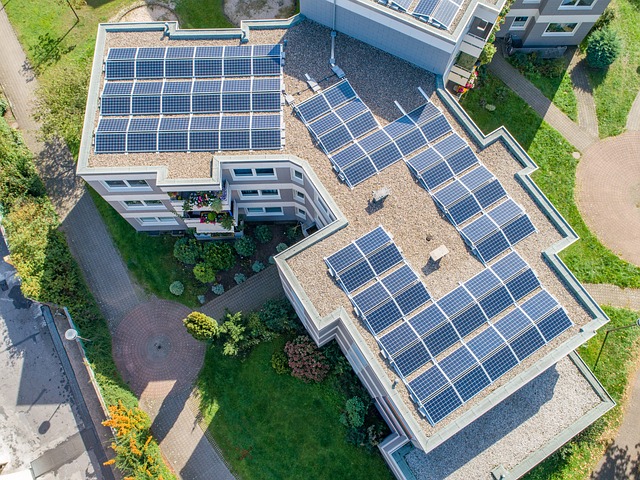In a competitive real estate market, efficient maintenance management is crucial for client satisfaction and property value preservation. Prompt response to issues, transparent digital communication, and staff training enhance tenant experiences and prevent minor problems from escalating. Using KPIs like response times, resolution rates, and customer satisfaction helps managers identify areas for improvement, leading to proactive measures and better property management through data-driven decisions, which ultimately increases tenant retention and fosters positive word-of-mouth within the real estate community.
In the dynamic realm of real estate, addressing maintenance requests promptly and effectively is paramount to fostering satisfied tenants and property longevity. This article explores the nuances of prompt maintenance response in real estate, delving into strategic approaches for efficient request handling. From understanding tenant needs to implementing robust tracking systems, we uncover essential practices that drive success. Additionally, we examine key performance indicators and continuous improvement methods, providing valuable insights for real estate professionals seeking optimal property management.
Understanding Prompt Maintenance Response in Real Estate

In the fast-paced world of real estate, prompt maintenance response is paramount for fostering client satisfaction and maintaining property values. When a tenant or homeowner raises a maintenance request, every minute counts. Prompt attention to these issues demonstrates professionalism and respect for the space and its occupants. Effective maintenance management involves swiftly assessing the request, mobilizing suitable resources, and ensuring timely resolution.
Real estate professionals must understand that promptness is not just about meeting deadlines but also creating a positive living environment. Addressing maintenance concerns quickly can prevent minor issues from escalating into major problems, reducing long-term costs and enhancing tenant retention. In today’s digital era, efficient communication channels play a pivotal role in facilitating swift responses, ensuring everyone involved stays informed throughout the maintenance process.
Strategies for Effective Handling of Requests

In the dynamic realm of real estate, addressing maintenance requests promptly and effectively is key to fostering satisfied tenants and maintaining property value. A well-oiled system for handling these requests can significantly enhance the overall living experience, ensuring that minor issues don’t escalate into major problems. One effective strategy involves establishing clear communication channels, where tenants feel comfortable reporting issues and providing detailed descriptions. This could involve an intuitive online portal, a dedicated maintenance hotline, or regular feedback sessions.
Additionally, implementing a prioritized response system ensures critical requests are addressed first. Categorizing issues based on urgency—such as emergency repairs versus routine maintenance—helps in allocating resources efficiently. Regular staff training is another vital strategy. Educating maintenance teams on effective problem-solving and customer service skills enables them to handle requests promptly and professionally. This, in turn, boosts tenant satisfaction and fosters a positive living environment.
Measuring Success and Continuous Improvement

Measuring success is a vital component of effective maintenance request management in the real estate sector. By implementing key performance indicators (KPIs), property managers can assess their response times, resolution rates, and overall customer satisfaction. For instance, tracking the average time taken to acknowledge and address maintenance issues can highlight areas for improvement. If responses are slow, it indicates a need for better communication strategies or additional resources.
Continuous improvement is the ultimate goal, ensuring that every interaction with tenants enhances their living experience. Regular reviews of maintenance data can reveal trends and patterns, enabling proactive measures. Property managers might identify recurring issues in specific units or buildings, leading to targeted preventative maintenance programs. This data-driven approach not only saves time and resources but also fosters a culture of excellence in property management, ultimately contributing to higher tenant retention rates and positive word-of-mouth within the real estate community.






